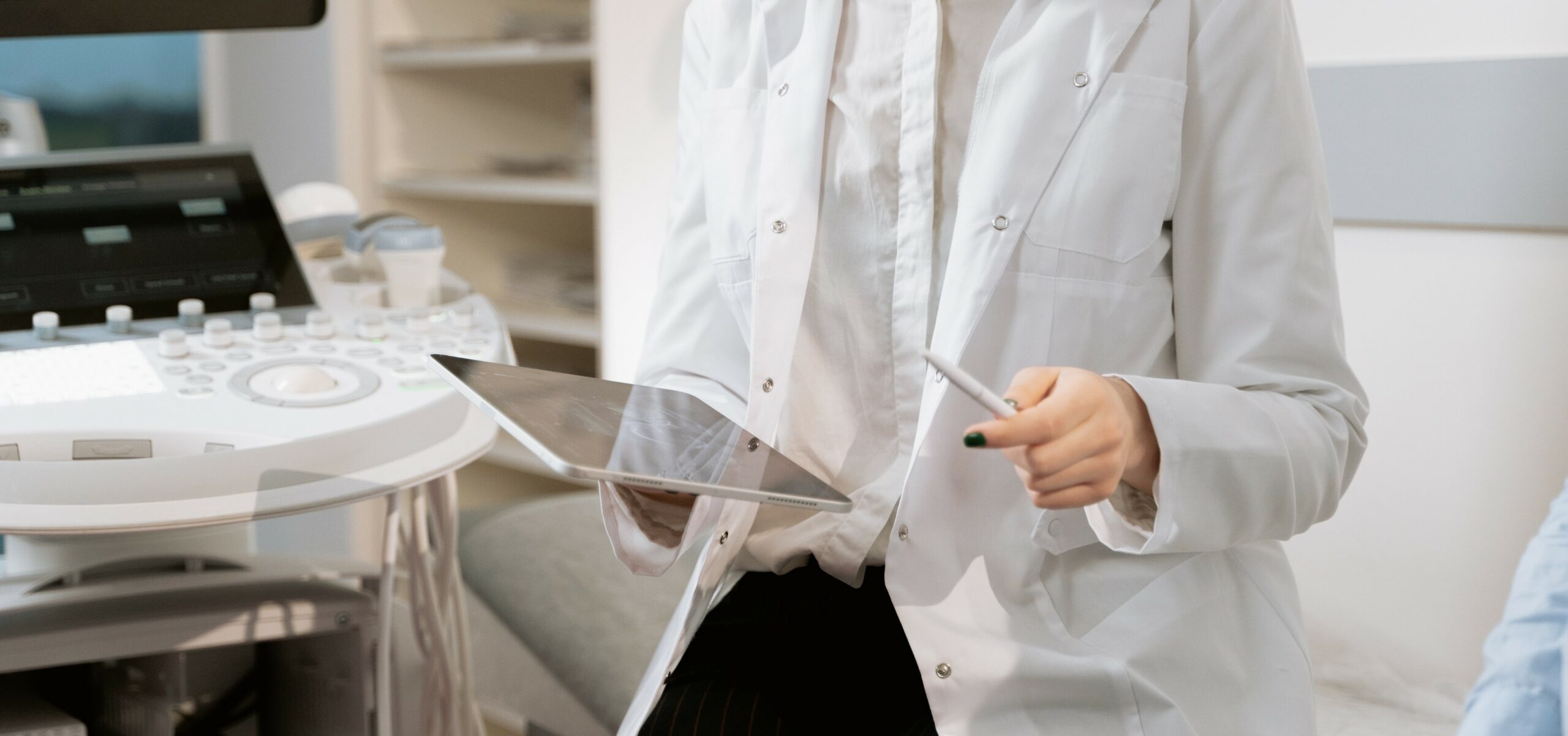Cancer is a complex disease that can manifest in many different ways. One of the most concerning aspects of cancer is that it can develop and grow without causing any noticeable symptoms for a long period of time. This can make it difficult to detect and diagnose, and unfortunately, can lead to a more advanced stage of the disease when it is finally discovered.
There is no set time frame for how long cancer can grow without being detected. It varies widely depending on the type of cancer, how quickly it grows, and where it is located in the body.
What Are The Symptoms Of Cancer?
Cancer is a disease that occurs when your body's cells start to divide uncontrollably, forming tumours that can interfere with the normal functioning of your organs.
There are over 200 types of cancer, each with different signs and symptoms that vary greatly depending on the type and location of the cancer.
While some people may receive a cancer diagnosis without any symptoms, it's important to be aware of what is normal for you and to speak to a doctor if you notice any unusual changes or symptoms that won’t go away.
Some well-known signs of cancer, such as a lump, can affect specific areas of the body, while other symptoms like weight loss, fatigue, or unexplained pain can be more general.
Symptoms such as shortness of breath, bleeding, difficulty swallowing, recurring fever, persistent pain, skin changes, and changes in body functions can also be indicators of cancer.
If you have symptoms such as coughing, chest pain, breathlessness, difficulty swallowing, recurring fever, changes in bowel habits, bloating, unexplained bleeding, lumps, moles that change, unexplained weight loss, tummy or back pain, indigestion or heartburn, itchy or yellow skin, or feeling tired and unwell, it is important to speak to your doctor. The doctor can investigate, and refer you to a specialist if they suspect cancer.
It is particularly important to look out for cancer symptoms if you have been diagnosed with a condition that means you’re at higher risk of getting cancer, or if two or more of your close relatives (such as a parent, brother, or sister) have had cancer.
While experiencing one of these symptoms does not necessarily mean you have cancer, it is essential to determine the underlying cause. Remember, spotting cancer at an early stage saves lives, so it is important to listen to your body and talk to your doctor if you notice anything that isn't normal for you or something that won’t go away.
What Happens If Cancer Is Not Treated?
The length of time that you can go without treatment if you don't even know you have cancer varies widely, depending on the type of cancer and how quickly it grows. Some cancers, such as lung cancer, can spread quickly, while others, such as prostate cancer, can grow very slowly.
If cancer is detected early, the chances of successful treatment are much higher. However, if left untreated, cancer can continue to grow and spread, leading to more serious complications and a worse prognosis. That's why it's important to be aware of your body and any changes or symptoms that you may be experiencing.
How Can I Find Out If I Have Cancer?
Early detection is key. Many cancer types have a better chance of being treated successfully when caught early. Regular health screenings and routine checkups can help detect the disease before it spreads or becomes too advanced.
With advances in cancer treatments and research, many people can now survive cancer and go on to live full, healthy lives.
If you are someone who loves soaking up the sun, it's a good idea to keep an eye on any moles or unusual spots on your skin. Regular skin checks with your doctor can also help catch any potential issues, such as skin cancer, early on. Regular mammograms, breast exams, and prostate exams are essential, especially for those over the age of 50.
Remember, cancer doesn't have to be a death sentence. With early detection and proper care, you can come out on top!
Will I Know If I Have Cancer?
Cancer can be sneaky, going unnoticed for years. Different cancers can develop at different rates, and some people may have cancer for years without ever noticing any warning signs.
This is why routine cancer screenings are so important, especially if you are at higher risk of developing certain types of cancer. Regular check-ups with your doctor can catch potential issues early on, giving you the best chance for successful treatment and recovery.Remember that any unusual or persistent symptoms need to be assessed by a qualified medical professional. Don't wait until it's too late. Schedule regular cancer screenings and take control of your health.


 71–75 Shelton Street, Covent Garden, London, WC2H 9JQ
71–75 Shelton Street, Covent Garden, London, WC2H 9JQ +44 (0) 20 3376 1032
+44 (0) 20 3376 1032



